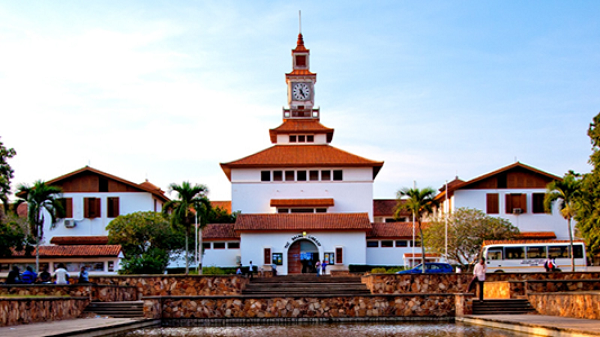
Let’s give universities autonomy
The acting President of the Ghana Technology University College (GTUC), Professor Emmanuel Ohene Afoakwa, last Saturday called on the government to speed up the passage of the GTUC Bill into law to enable the institution to become a fully fledged public university.
That demand is not out of place because the passage of the bill will enable the GTUC to award its own certificates, diplomas and degrees and better place the institution to train more of the human resource needs of the country.
The Daily Graphic believes that it is important for the government to take a critical look at the GTUC’s request because the institution can be the fulcrum around which Ghana can develop its human resource, so that we are not left behind as the world moves in the digital and technological direction.
While we believe that the collaboration between the GTUC and Aalborg University, Denmark, as well as Coventry University in the United Kingdom, to run courses is not a bad thing, it is our view that when the GTUC is given the Presidential Charter, any future collaboration with other universities will be done on an equal footing.
A major concern too is the fact that many private universities which are doing very well have waited for many years to be granted Presidential charters. Indeed, it took 18 years for the Central University, which was accredited as a private university college in 1998, to receive a Presidential Charter in 2016.
Central University thus became the fourth private university, after the Valley View University, the Trinity Theological Seminary and the Akrofi-Christaller Memorial Research Institute, to receive the Presidential Charter.
The Ashesi University became the fifth to receive autonomy after receiving the Presidential Charter from President Nana Addo Dankwa Akufo-Addo last year.
It is required that every university college, after operating for a minimum of 10 years, sends an application to the National Accreditation Board (NAB) for a comprehensive assessment of the institution, its programmes, facilities and finances, after which a report is presented to the Minister of Education for onward recommendation to the President.
We are not asking that at all cost all university colleges which have chalked 10 years should be accredited to award their own diplomas and degrees. On the contrary, we urge the NAB to be thorough in its processes, but we ask that care must be taken not to kill prematurely up and coming universities.
The system of affiliating new universities to already established ones is a good learning curve but we encourage the investigation of an allegation by the Council of Independent Universities of Ghana that the affiliation system has become a major source of revenue for the mentor universities, as exorbitant fees are charged.
The 10 public mentor universities in the country alone cannot meet the tertiary educational needs of the growing student population and so we need more institutions of high learning to come on board, especially in the wake of the free SHS policy which is bound to increase the number of students qualifying for the university.
We laud the President for establishing the Tertiary Education Commission last year to regulate all tertiary institutions in the country and expedite action on applications by both public and private universities for presidential charters.
President Akufo-Addo has stated that the government is taking steps to accelerate the granting of presidential charters to private universities because of their contribution to education and learning in the country and we hold him to his word.
